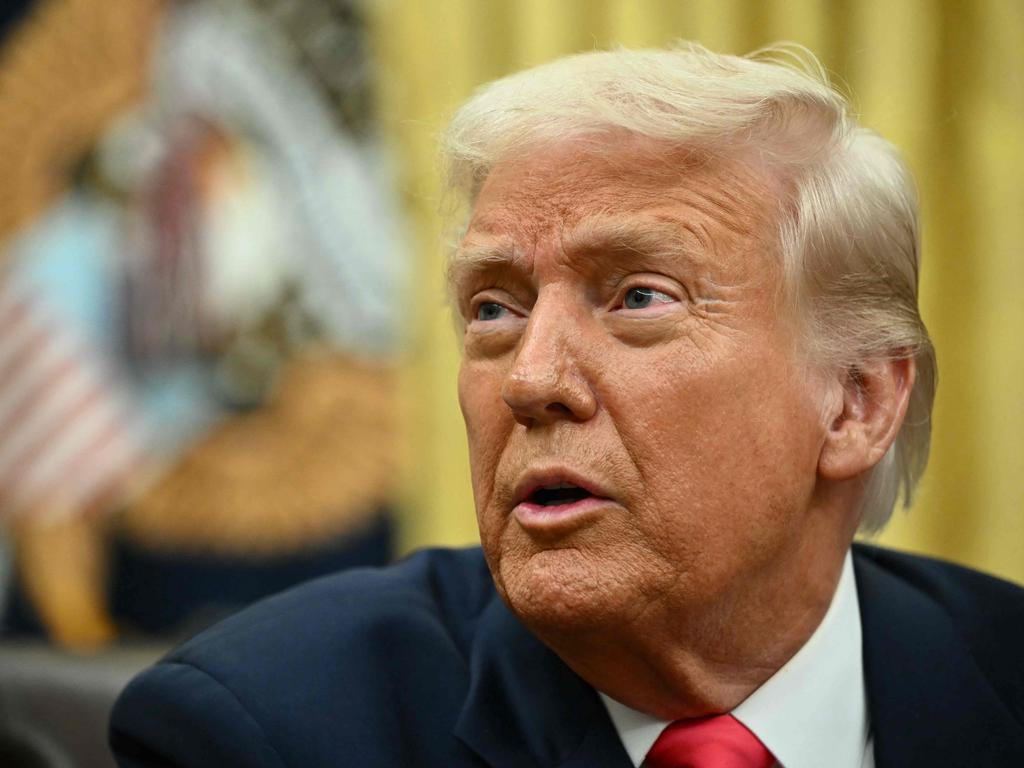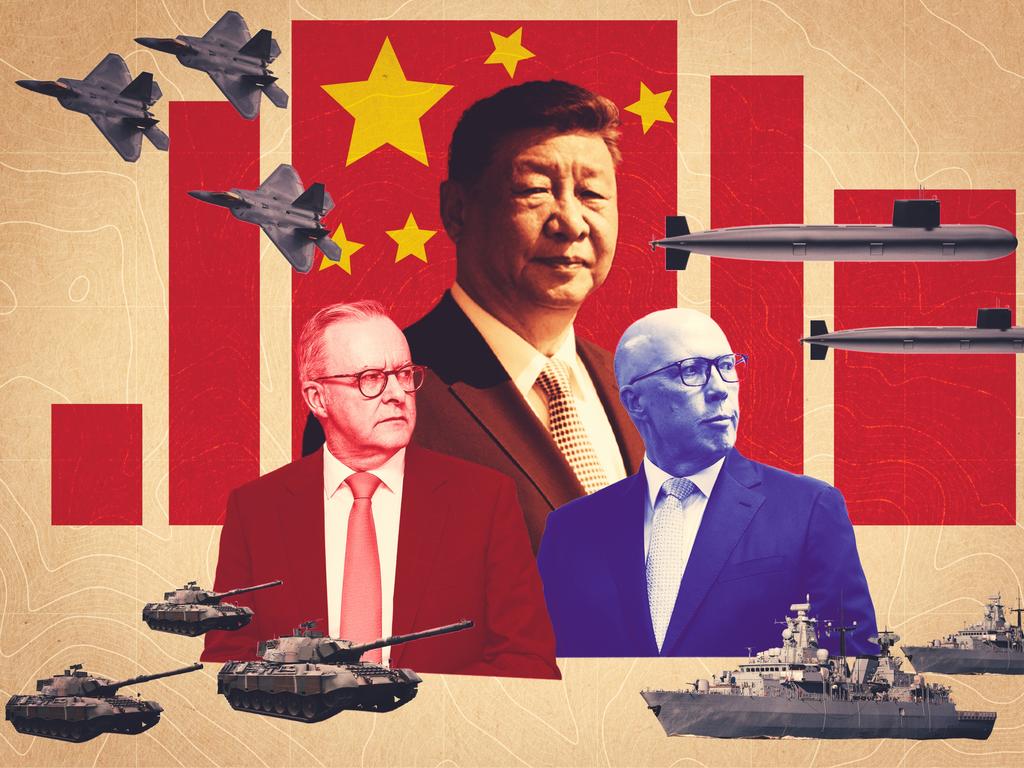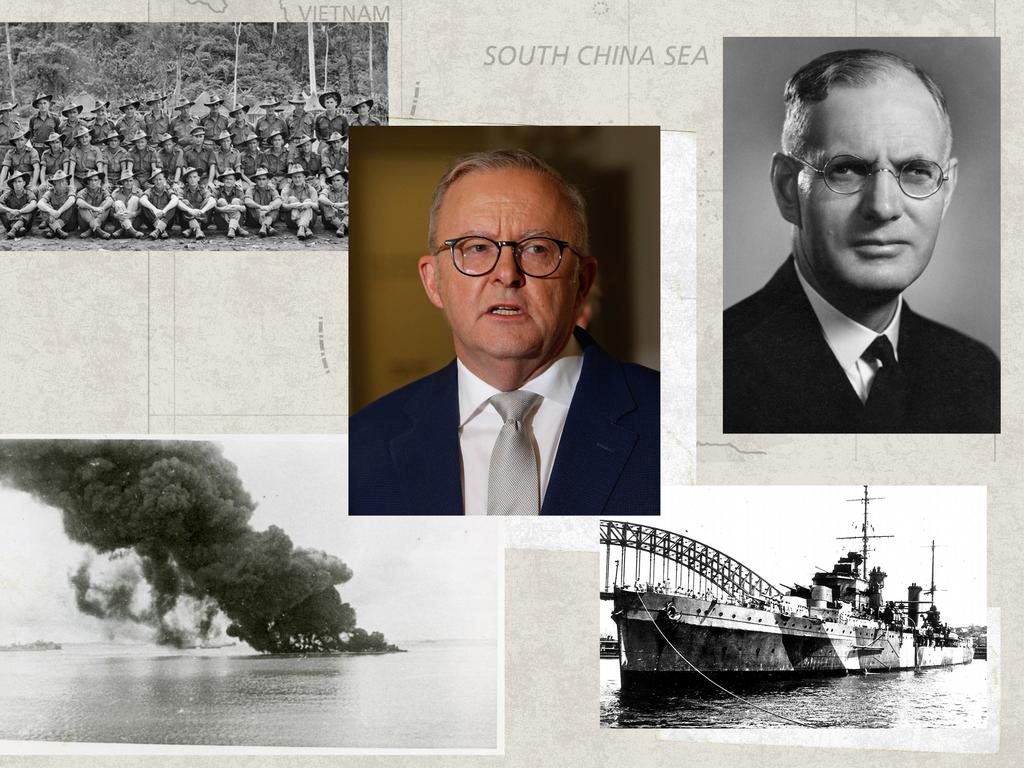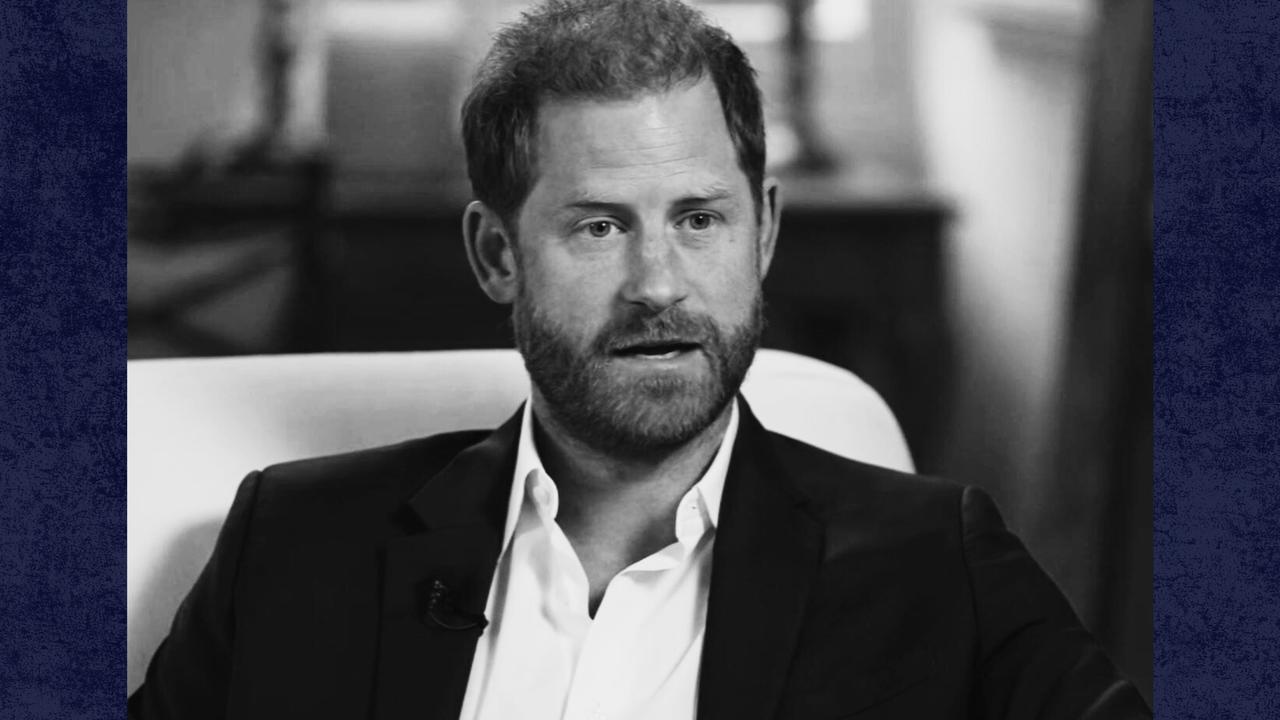What we need is another Paul Keating-style ‘banana republic’ shock
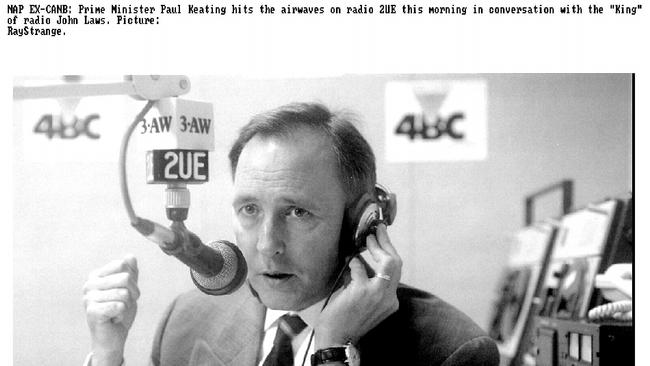
On May 14, 1986, Paul Keating gave one of the most consequential political interviews in Australian history. He was interviewed by John Laws of 2UE, in the pre-internet era when talkback radio was dominant, and Laws reigned supreme.
Keating did not speak in talking points. He was determined to convey to Laws, and to his listeners, the gravity of Australia’s predicament as a commodity-dependent trading nation that was at risk of economic failure.
In speaking of Australia’s worsening terms of trade, Keating cut through the technical complexity of the economic issues. Australia was living beyond its means. It was not earning enough from the world to support the lifestyle it was enjoying.
He told Laws: “We must let Australians know truthfully, honestly, earnestly, just what sort of international hole Australia is in.” If Australia did not make the necessary economic adjustments, “then Australia is basically done for. We will just end up being a third-rate economy.”

Keating was not afraid to critique what he saw as national complacency: “(If) in the final analysis Australia is so undisciplined, so disinterested in its salvation and economic wellbeing that it does not deal with these fundamental problems”, then Australia would have to accept lower living standards. He did not speak glibly about being “optimistic” about the future or about Australians “coming together”. He urged action. If action was not taken, the consequence would be unavoidable: “(Then) you are gone. You are a banana republic.”
In that moment, Keating transformed Australian politics. The political and policy shock opened the way for an avalanche of much-needed economic reforms, which today form the foundation of Australia’s modern economy. Keating pierced the great Australian complacency, which Donald Horne had critiqued in 1964 in The Lucky Country. Horne had written about Australia’s complacency ironically. We still often misconstrue this irony, smugly confident that we are indeed “lucky”. Horne’s critique was that this luck was largely unearned by many who enjoyed its spoils and that luck eventually runs out.
Keating was not a cultural commentator who could be satisfied with ironic reflection. His burden was to act, and he was determined to demolish the old order – which was unimaginative, risk-averse and self-satisfied – and to build a new one, which was not predicated on complacently living off the spoils of a narrowly based economy.
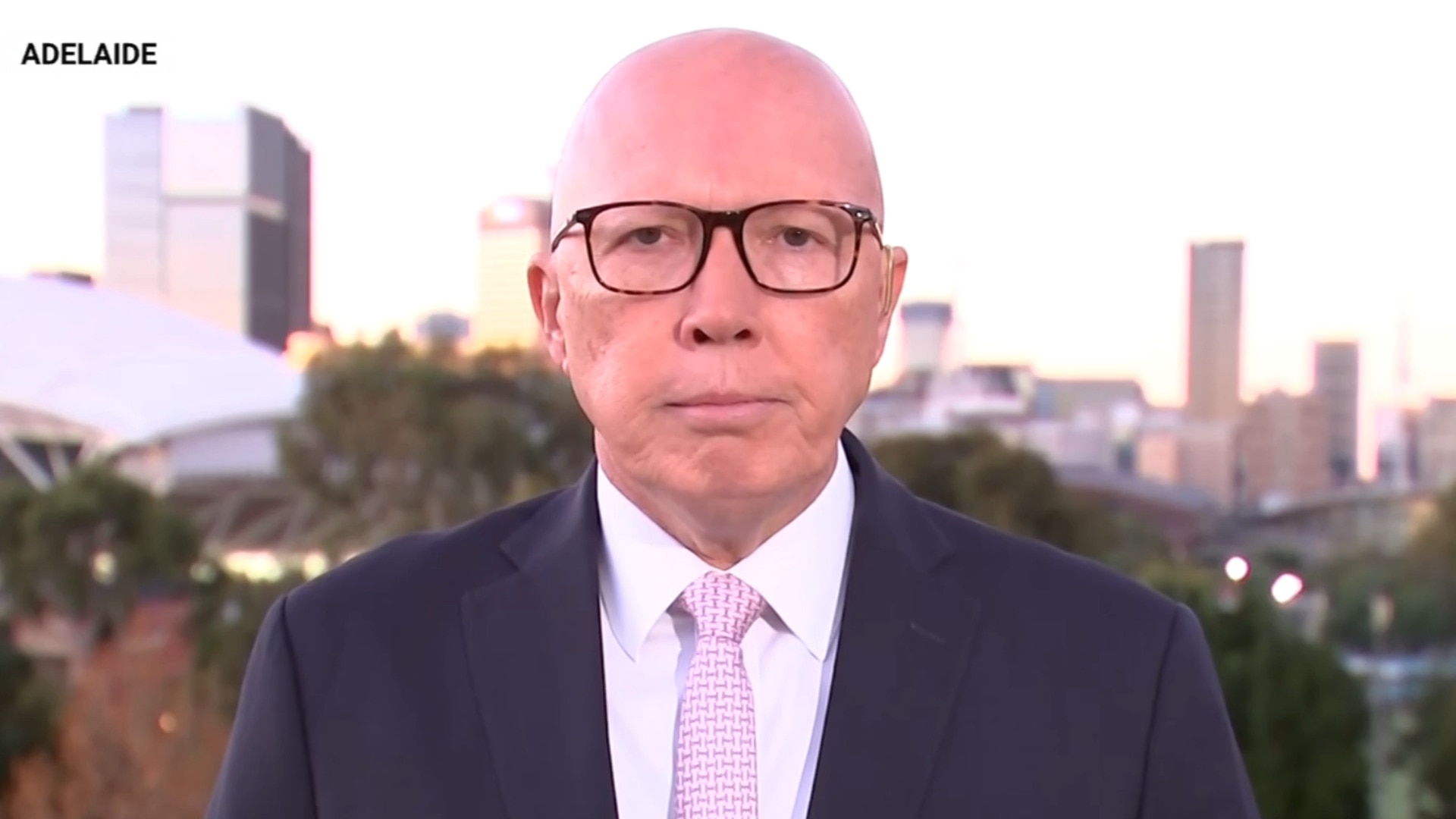
Today, Australia is once again facing another moment of potential impending doom. It is once again at risk of falling into an international hole, although this time it will be a geopolitical one. Just as the Australia of the 1980s was living off earlier economic fortunes – the foundations of which were collapsing – today, Australia is living off earlier strategic fortunes, the foundations of which are similarly collapsing.
Since its British settlement, Australia has enjoyed the shelter of distance, which was for many years an economic “tyranny”, in Geoffrey Blainey’s famous phrase, but a blessing in terms of security. We have also enjoyed the strategic protection that has been afforded us by being allied with the dominant maritime powers of the era – first Britain, and then the US Land powers that attempted to establish hegemony over the grand geopolitical prize of Eurasia – Imperial Germany, Nazi Germany, Imperial Japan and Soviet Russia – were defeated by the maritime and industrial power of Britain and the US. Sheltered Australia, protected in these great geopolitical contests, did not have to struggle for its survival and autonomy, other than for a few months in 1942.
Today, distance provides no shelter from geopolitical risk, or the growing arsenals of long-range weapons that can easily reach us. Moreover, the terms and conditions of our strategic protection are being reshaped by a US that is reducing its geopolitical liabilities by pushing costs and obligations on to what it considers to be freeloading allies and partners. It is doing so because it is confident it can better secure itself, and perhaps a select few others, by way of rebasing its strategic relationships, and spreading the costs and burdens of its alliances.
At the same time, China is rapidly developing the capabilities it will require to aggressively pursue its strategic objectives (territorial and otherwise), and to compel acquiescence through coercion, whether that be by direct and blunt means or by indirect and implied threats. Moreover, China, Russia, Iran and North Korea are working together as a Eurasian axis in unprecedented ways.
In a more brutal and lonelier world, a hard reckoning is coming for countries such as Australia that have long relied on international rules and partner reliability to underpin their prosperity and security. Just as our changing terms of trade had to be confronted in the 80s, today we will have to confront the challenge of no longer being able to secure ourselves through distance and relatively low-cost strategic protection.
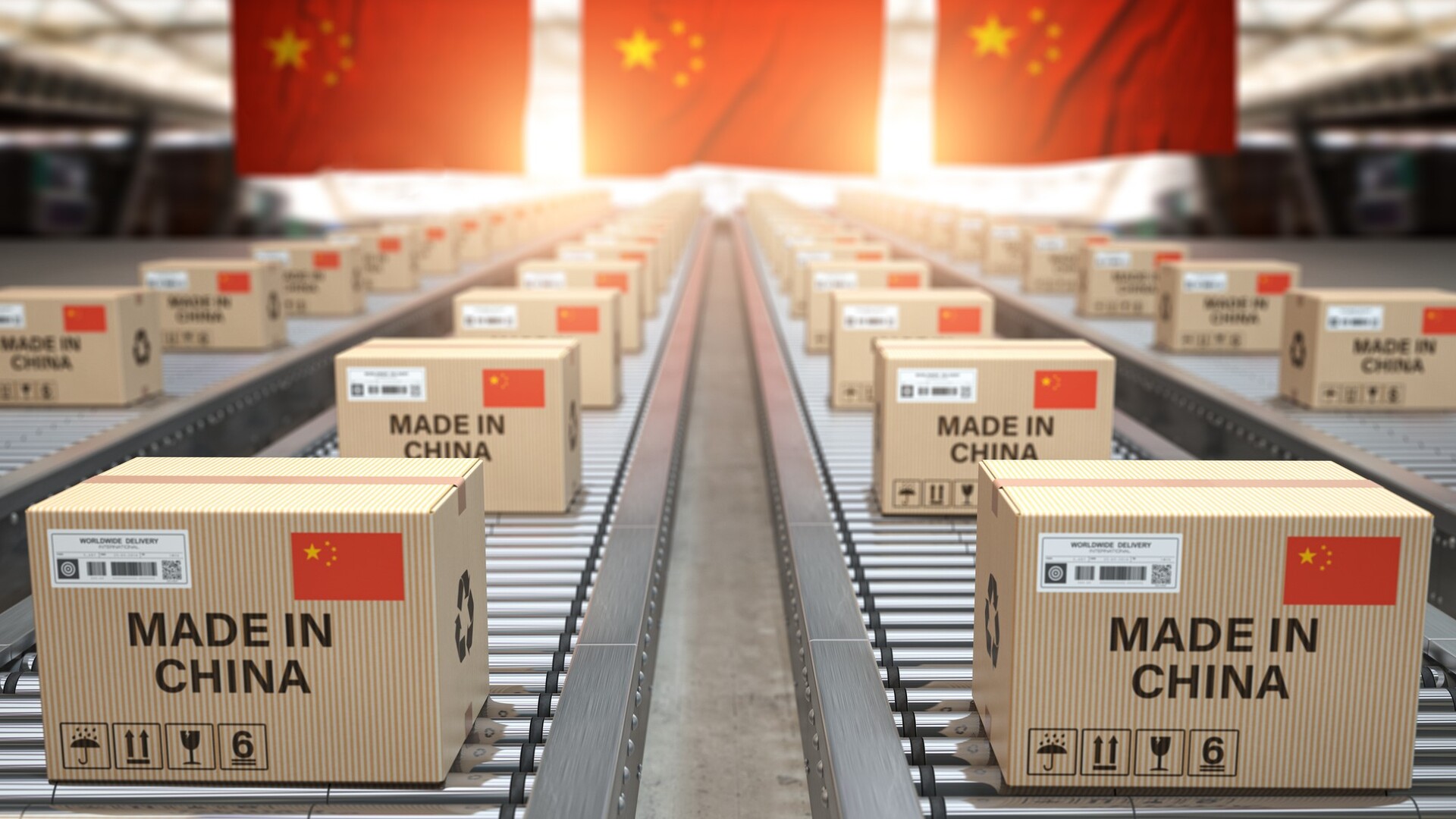
So, what will be in the prime minister’s in-tray on Monday morning? We will have to build more rapidly our capacity to defend ourselves with our own combat forces in all contingencies short of the threat of national annihilation. We will have to renegotiate our strategic bargain with the US, such that its costs, contributions and obligations are explicitly agreed, including in relation to how Australia will help to protect the US, in return for both existential protection and crucial strategic support. We will have to build different kinds of relationships in Asia, with countries such as Japan, South Korea, India, Indonesia and The Philippines, which will need to be more explicitly geared to mutual security and protection. We will have to reshape our economy so it can better absorb the shocks of supply-chain disruption and geopolitical confrontation and, if necessary, be switched seamlessly to war production. We will have to build societal resilience in anticipation of possible conflict.
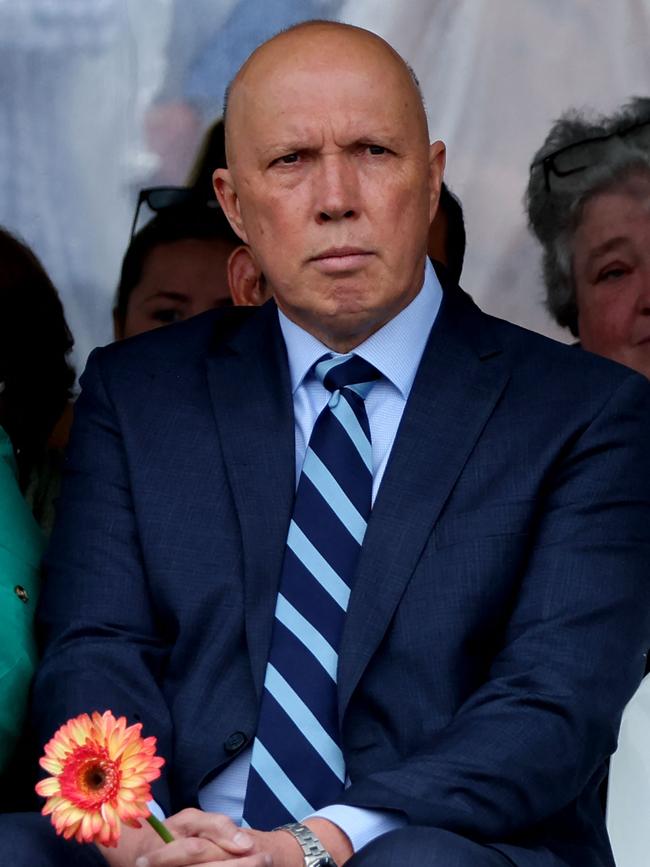

These issues have hardly featured in the election campaign. They should have. Unfortunately, there are no structured processes or practices that might have crystallised the issues and forced the debate – no pre-election defence and security outlook, no applicable data releases, as occurs with economic data, no independent voices such as there is with the Reserve Bank in economic affairs, and no appetite in the media for demanding a dedicated leaders debate on these questions.
Given this silence, and to paraphrase Keating, will we be so undisciplined and so uninterested in our own salvation that we refuse to confront the challenge of possibly becoming the geopolitical equivalent of a “banana republic”? It will take a shock to shake us from our complacent belief that we are still living in a strategically lucky country. Will that shock be delivered by a leader speaking as plainly as Keating spoke in 1986, or will it take the sight of Chinese aircraft carriers and Russian bombers routinely operating at the frontiers of what was once our sheltered land?
Mike Pezzullo is a former deputy secretary of the Defence Department and was secretary of the Home Affairs Department until November 2023.

